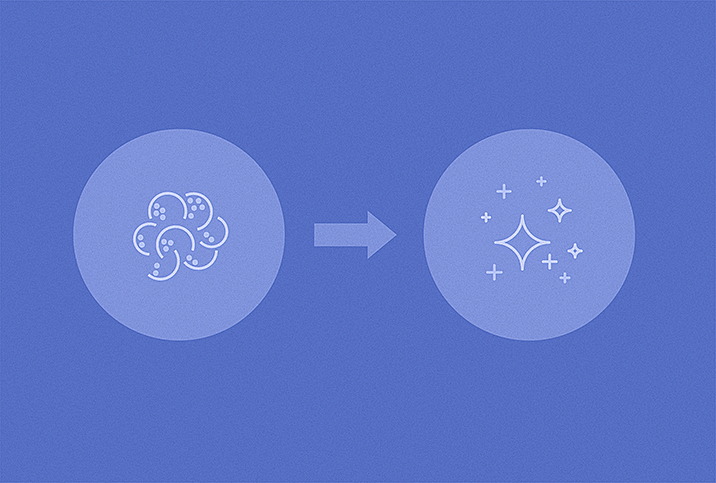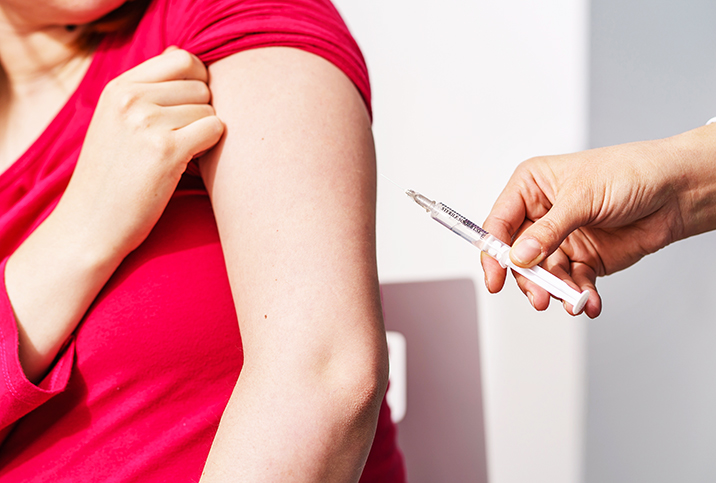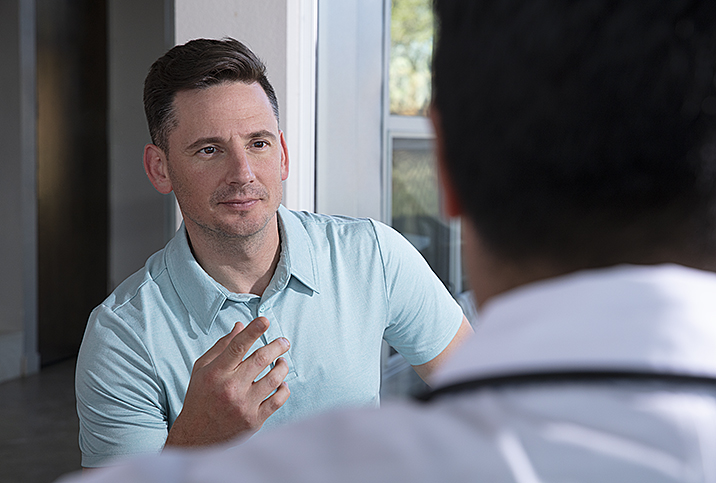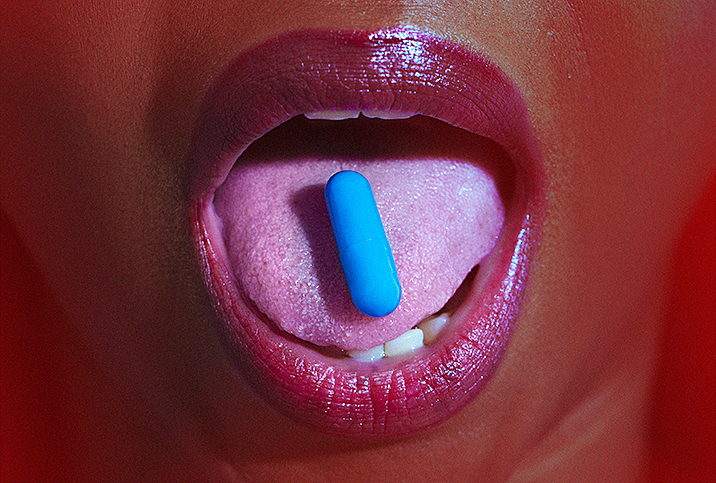HPV Can Resolve on Its Own, But Don't Count on It

Human papillomavirus (HPV) is the most common sexually transmitted infection in the United States and the world. It has no cure, and in severe cases it can result in cancer.
About 80 percent of sexually active people will develop HPV at some point, but most of them may never know it because most low-risk forms of HPV don't exhibit any symptoms and can go away on their own without treatment. It is not, however, a condition to dismiss or ignore.
Who can get HPV?
Anyone who is sexually active can get HPV—about 1 in 4 people in the United States have it. You can lower your chances of spreading or contracting HPV by using barrier methods of protection such as condoms and dental dams.
Both men and women are eligible to receive a vaccine against HPV. The vaccine specifically protects against the disease's most dangerous types, including types 16 and 18, which lead to the majority of cervical cancer cases, and types 6 and 11, which cause most cases of genital warts.
Though it's recommended to get vaccinated at the age of 11 or 12, adults up to the age of 45 can still talk to their doctor about receiving the vaccine if they think they could benefit from it. The vaccine can't treat any strains of HPV you may already have, but it can protect against strains you may encounter in the future.
Can HPV resolve itself?
HPV comes in more than 200 types, a majority of which are low-risk and display no symptoms. Most cases will clear up within a few months without any treatment, and 90 percent of cases will resolve on their own within two years. You may never know you've developed these strains of HPV.
Even the types that are low-risk and display no symptoms can be passed to sexual partners. Men may want to take special care, because no HPV test is approved for men. Women, however, can be tested routinely for cellular irregularities that may indicate HPV.
Other low-risk types of HPV can give you warts. These may clear on their own in two months to two years, but it's still recommended that you have them treated or removed. Without medical attention, the warts can multiply or worsen.
What happens if HPV doesn't resolve itself?
There's no cure for HPV, and if your strain of HPV doesn't resolve itself in a few years, you likely have a high-risk strain that can cause complications.
The most serious complication of HPV is the risk of throat, anal, cervical and other reproductive cancers. For instance, high-risk strains of HPV such as types 16 or 18 cause about 70 percent of all cervical cancer cases. If you have one of these types, you could ultimately develop cervical cancer in 10 to 20 years. Fortunately, you can treat this before the cancer completely develops. Though you can't treat an HPV infection itself, you can have the affected tissue removed to lower the likelihood of the cells turning into cancer.
Although most forms of HPV can go away on their own without doing too much harm to your body, you should still schedule screenings with your doctor to make sure you're not spreading HPV to your sexual partners, and that you aren't at risk of cancer from a high-risk form of HPV. You can live a healthy and normal life with HPV, but being mindful of your status is important.


















